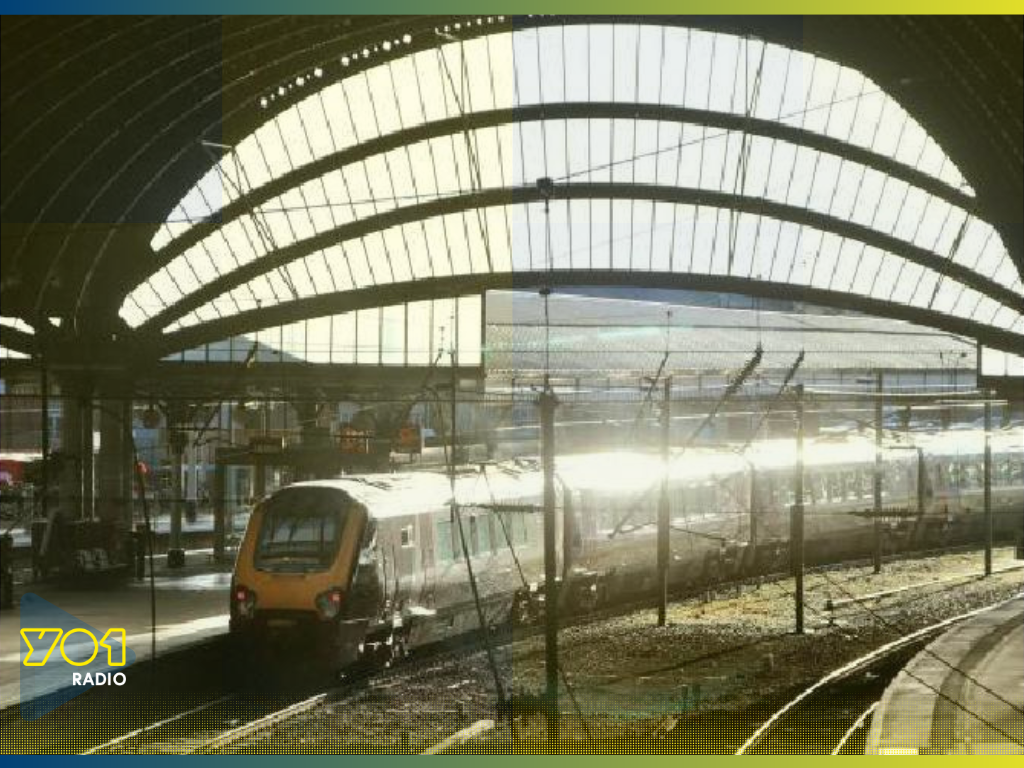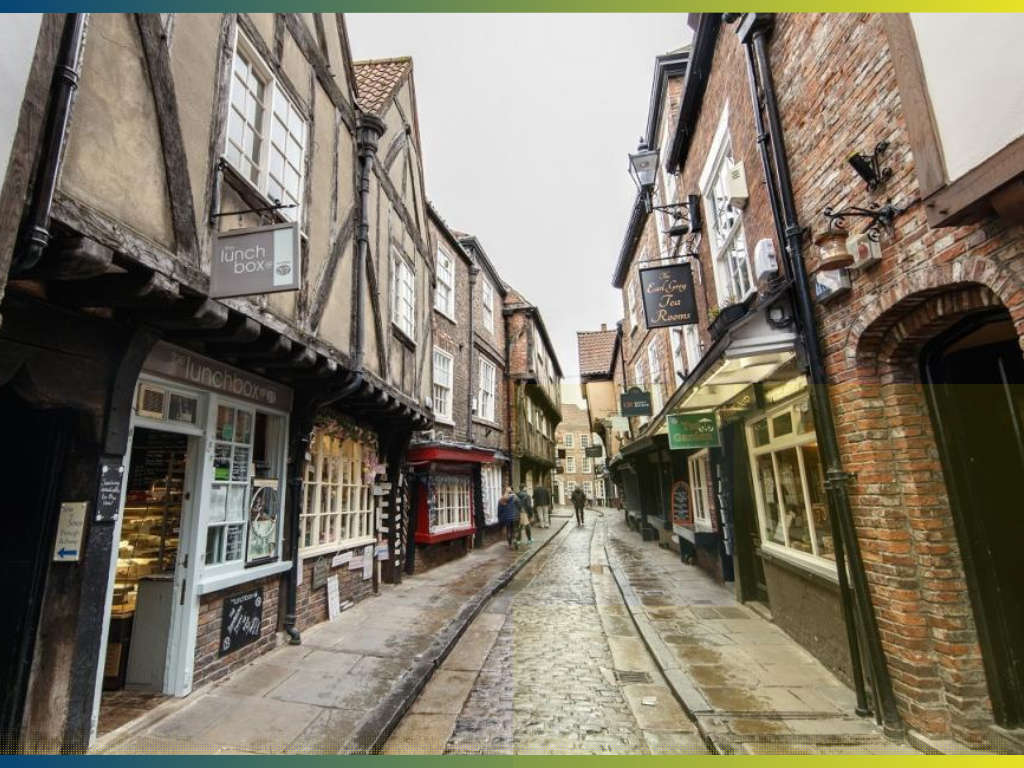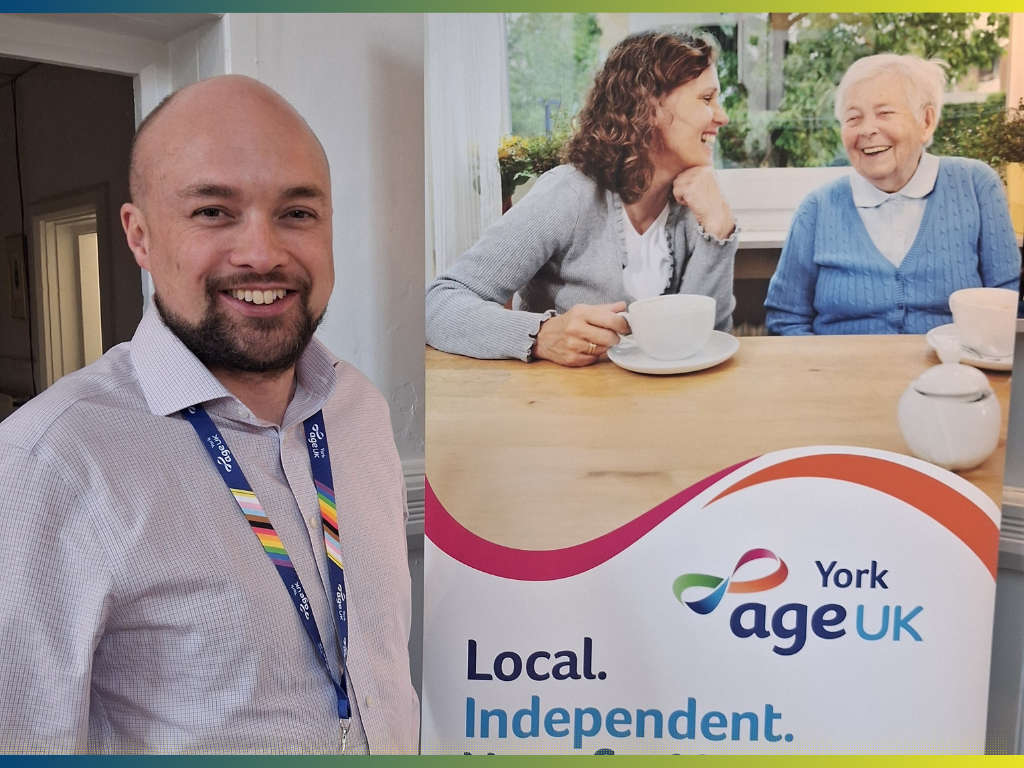|
From today (Friday 6 June) thousands of passengers across Yorkshire will have a chance to volunteer to take part in a new digital ticketing trial.
Backed by government funding, the trials will use GPS based technology to track train journeys, ensuring passengers pay the best fare for the journey they take.
Digital ticketing builds on the government’s plans to overhaul the railways to make them simpler, more flexible and passenger focused. Ahead of the creation of Great British Railways, the government continues to work to deliver positive changes like this for passengers - attracting more people back onto our trains, boosting the economy and delivering on the government’s Plan for Change.
The trials being operated by Northern Rail will run along these routes:
Rail Minister, Lord Peter Hendy, said:
“Contactless ticketing is making journeys easier to navigate for millions of passengers, and now our digital trials are actively recruiting volunteers to help expand this technology across Yorkshire.
“Simplifying ticketing is a major part of our plans to overhaul the railways. I encourage anyone who regularly gets the train along these routes to get involved, and help us build a ticketing system that delivers a better experience for passengers and communities across the country."
Unlike the previous roll out of pay as you go, which uses contactless payment at barriers, these trials will use GPS based technology to track people’s location throughout their train journey.
Up to 1,000 passengers will be able to take part on each route of the trials, meaning 3,000 passengers across Yorkshire in total. The trials will begin between September and November with each running for nine months from the start date. A trial will also be taking place in the East Midlands, operated by East Midlands Railway (EMR) and running between Leicester, Derby and Nottingham.
Anyone interested in taking part should check Northern’s website where a recruitment campaign has been launched.
Alex Hornby, Commercial and Customer Director, Northern said:
"These trials mark an important step forward in simplifying rail travel and making the experience as frictionless as possible for our customers. By trialling Pay As You Go technology on some of our routes, we’re helping to shape a future where hopping on a train is as easy as checking in and out.
“We will now be reaching out to regular customers on those routes to see if they would be willing to participate in these trials later this year. We’re excited to see how they respond and look forward to playing our part in modernising how people travel by rail in the north."
These trials are expected to build on the success of the roll out of contactless ticketing at 53 stations across the South East. Since introduced, more than two million entries and exits have been made using contactless cards or mobile devices, averaging around 140,000 a week – showing how popular the system is with customers using those stations already.
The Department is also working closely with Greater Manchester and the West Midlands to develop their proposals for rolling out contactless ticketing even further.
This follows on from a watershed moment last month when South Western Railway (SWR) services became the first Train Operating Company to transfer back into public control since the passing of the Public Ownership Bill, ending almost 30 years of fragmentation and waste under privatisation.
By bringing track and train together, Great British Railways will enable operations to run more seamlessly, bringing accountability and reliability back into the railways and, in turn, helping to reduce delays and cancellations.
Great British Railways won’t just be the name of the new nationally owned railway, it symbolises a complete reset that will mark the high standard of service and delivery the public should expect to receive.
This week the government also announced £15.6 billion - the biggest ever investment - in buses, trams and local train infrastructure for city regions, benefiting working people across the North, the Midlands and the South West. The funding – a more than double real-terms increase in capital spending on local transport in city regions by 2029/30 compared with 2024/25 – will empower local leaders to invest in transport projects that will make a difference to their local area.
|



 'Why York's famous Shambles should be renamed Diagon Alley from Harry Potter'
'Why York's famous Shambles should be renamed Diagon Alley from Harry Potter'
 New care home set to open in York
New care home set to open in York
 How to Tap into Active Travel Fund to Make School Run Safer
How to Tap into Active Travel Fund to Make School Run Safer
 Age UK York Nominated for Charitable Excellence Award at Yorkshire Choice Awards 2026
Age UK York Nominated for Charitable Excellence Award at Yorkshire Choice Awards 2026
 St Peter's School - York Architect Brown + Company Key Role
St Peter's School - York Architect Brown + Company Key Role